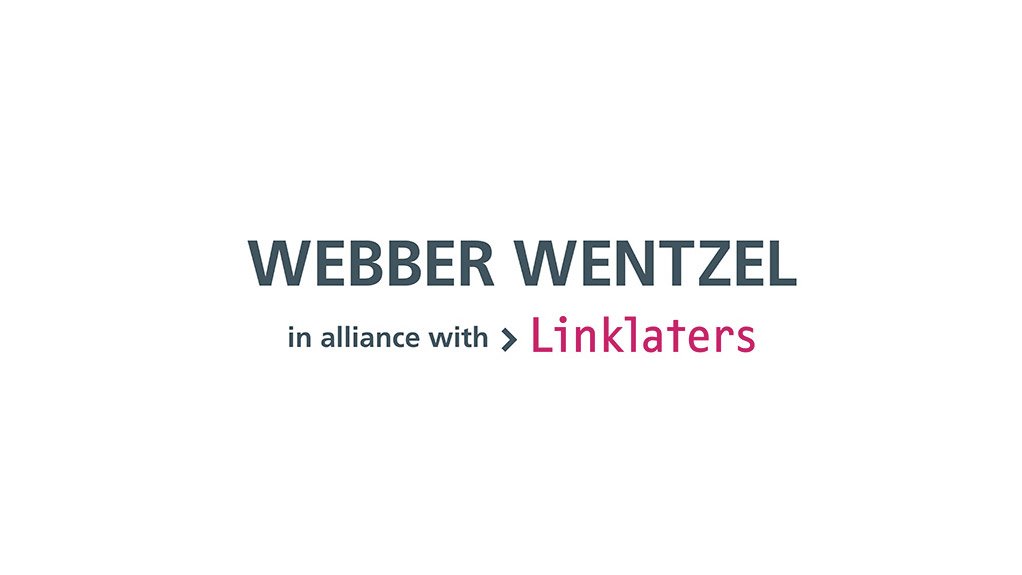Plans to create a food safety regulatory authority would benefit both consumers and the food and beverage industry, by reducing costs of compliance and strengthening confidence in food products
The importance of food safety in South Africa was highlighted by two recent events: the listeriosis outbreak of 2017/2018 and the recall of canned pilchards in tomato sauce. Apart from their other consequences, such events erode consumer confidence in food products and can trigger protracted litigation.
As a result, various stakeholders have called for an overhaul of the regulatory approach to food safety. At present, South Africa’s regulatory environment on food safety is fragmented. Various government departments have concurrent jurisdiction: the Department of Health (DOH), the Department of Agriculture, Forestry and Fisheries (DAFF), and the Department of Trade, Industry and Competition (DTIC). Local government is responsible for municipal health services, which includes enforcing food safety legislation.
The DAFF regulates the safety and quality of agriculture and animal products. It relies upon several pieces of legislation, including the Agricultural Product Standards Act No. 119 of 1990, Animal Diseases Act No. 35 of 1984, Animal Identification Act No. 6 of 2002, Animal Improvement Act No. 62 of 1998, Animals Protection Act No. 71 of 1962, Fertilisers, Farm Feeds, Agricultural Remedies and Stock Remedies Act No. 36 of 1984, Meat Safety Act No. 40 of 2000, Performing Animals Protection Act No. 24 of 1935, Veterinary and Para-Veterinary Professions Act No. 19 of 1982 and the Liquor Products Act No. 60 of 1989.
The DOH requires that all food products be safe for human consumption in terms of the Foodstuffs, Cosmetics and Disinfectant Act, which regulates the manufacture, labelling, sale and import of food products. Food product hygiene is addressed by the National Health Act.
In addition, the South African Bureau of Standards (SABS), the statutory body established in 1945, operates in terms of the Standards Act No. 8 of 2008. The SABS is mandated to develop, promote and maintain the South African National Standards (SANS), protecting the quality of commodities, products and services and rendering conformity assessment services. For the food and beverage industry, the SABS assists with assessment, product testing and certification.
The vast amount of legislation which needs to be considered in the context of the food and beverage industry underscores the need to have a unified approach towards food and beverage safety in South Africa.
Following the listeriosis outbreak in 2018, and to prevent similar incidents from recurring, President Cyril Ramaphosa said there were plans to establish a food safety agency or regulatory authority. Its chief mandate would be to ensure the highest levels of health and safety to protect consumers. This was not the first time that a food safety agency or regulator was proposed. The idea was first raised in about 2001, but nothing has materialised to date.
The establishment of a food safety regulatory authority will benefit both the food industry and consumers, for many reasons, including:
- a simpler regulatory regime with a single point of contact for stakeholders, rather than the current fragmented approach;
- the likelihood of lower costs of compliance, as it would be more efficient to deal with a single regulatory authority and overlaps in legislation would be eliminated; and
- greater consumer protection, creating consumer confidence in food products.
As a starting point, the South African food safety agency or regulator can seek guidance from the World Health Organisation (WHO) and the Food and Agriculture Organisation of the United Nations. These organisations published the Codex Alimentarius, a "food code" consisting of standards, guidelines and codes of practice, which has provided guidance to many countries around the world seeking to achieve food safety for their citizens.
Establishing a food safety regulator in South Africa is likely to be embraced by most interest groups in light of the constitutionally protected right to food, which, by implication, means safe food.
Written by Bernadette Versfeld and Ziyanda Ngcobo from Webber Wentzel
EMAIL THIS ARTICLE SAVE THIS ARTICLE ARTICLE ENQUIRY
To subscribe email subscriptions@creamermedia.co.za or click here
To advertise email advertising@creamermedia.co.za or click here











